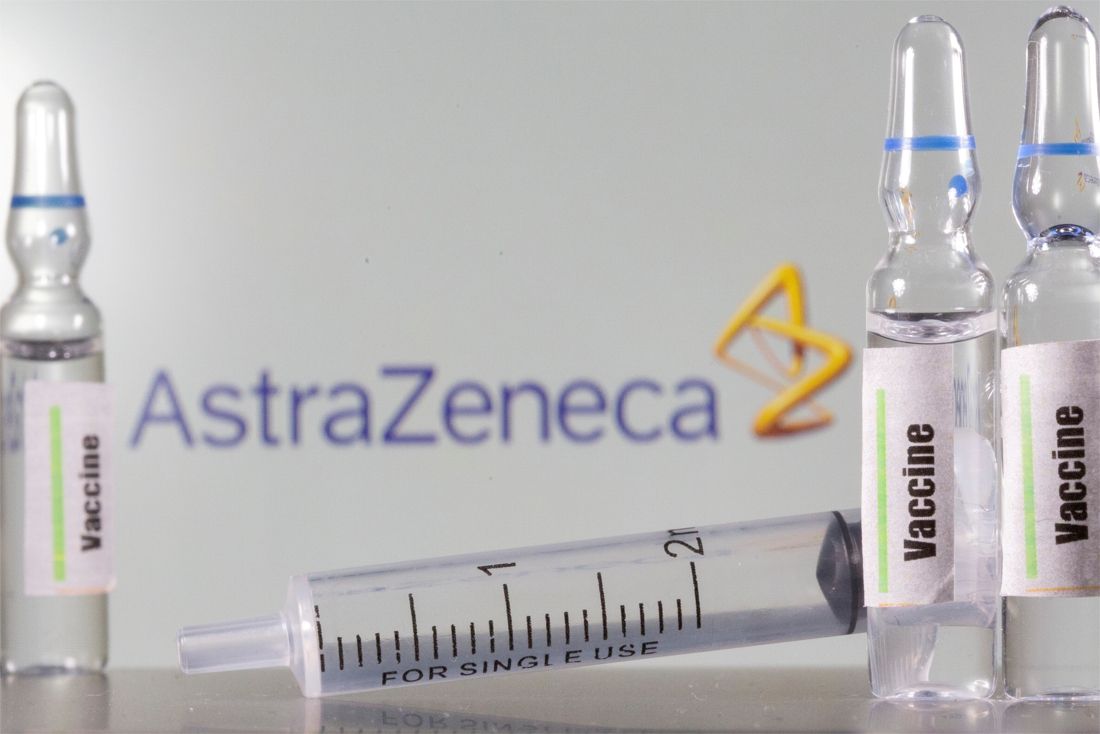The corona vaccine developed by the University of Oxford and AstraZeneca is at least 70 percent effective, according to preliminary research results, the pharmaceutical company said. Depending on the dosage, this efficiency increases to about ninety percent.
–
When the vaccine was tested, subjects were divided into two groups. About 2,700 subjects were given half a dose of the vaccine, followed by a full dose at least a month later, showing a 90 percent efficiency. The nearly 9,000 other subjects received two full doses at least one month apart, which provided adequate protection against the coronavirus in only 62 percent of the cases.
Taken together, that results in an average efficiency of seventy percent for the vaccine, according to a press release. No one who received the vaccine became seriously ill or had to be hospitalized.
“The study results show that we have an effective vaccine that can save many lives,” said Professor Andrew Pollard, who is responsible for testing the vaccine. “To our enthusiasm, it turned out that one of the dosing regimens turned out to be 90 percent effective, and if this regimen is applied, more people will be able to be vaccinated with the available supply.”
Advantage distribution, low cost
However, the Oxford and AstraZeneca research results are less promising than those of the US biotech company Modernbecause their vaccine would be nearly 95 percent effective. Also the corona vaccine from Pfizer/BioNTech, which was the first to come out with research results, would be efficient 95 percent of the time, according to the preliminary results.
But AstraZeneca’s vaccine does have an advantage in terms of distribution. While the other two vaccines have to be kept at freezing temperature (Pfizer’s even at minus 80 degrees Celsius), this vaccine will suffice with a regular refrigerator, making it easier to transport and store, especially in less developed countries .
The vaccine is also cheaper, CEO Pascal Soriot emphasizes in the press release. The Oxford vaccine would be about ten times cheaper, with a cost of about 3 euros, as opposed to more than 30 euros from Pfizer.
By the time the vaccine is approved, about 100 million doses could be available, Soriot said. Already in the summer, the European Commission negotiated a contract for the purchase of the AstraZeneca vaccine. Our country then joined those European purchase plans. These will only become definitive when the vaccine has obtained a European license. Last week it was decided that Belgium will also subscribe to the vaccine from Pfizer and BioNTech, and earlier the decision was already taken to also join a possible purchase of the vaccine from Johnson & Johnson.
– .

